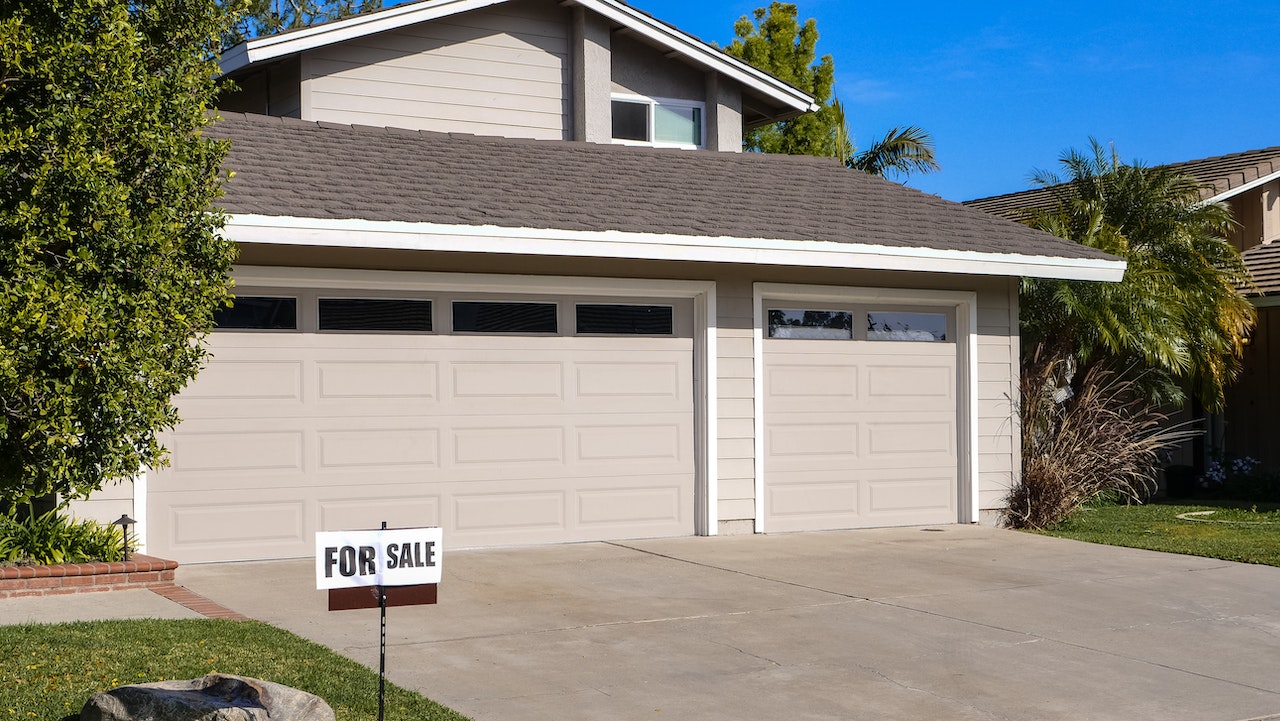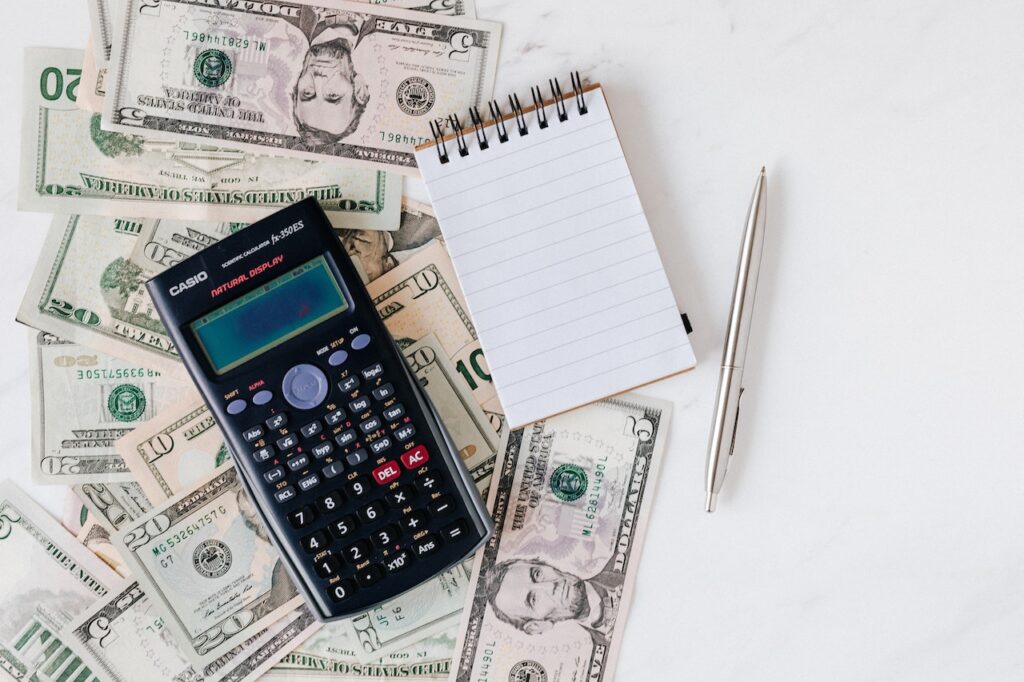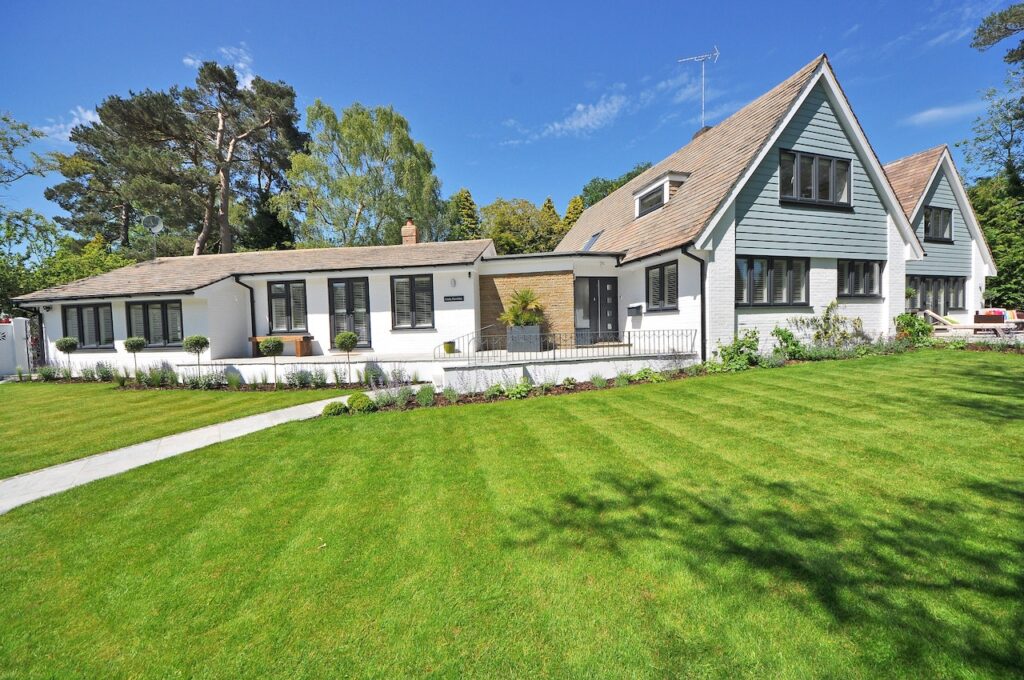Real Estate
How to Push Past Your Fear and Buy Your First Rental Property
Making the first step is the hardest.
Published
3 years agoon
By
Mario
A first rental property purchase can be both thrilling (in a positive way) and intimidating. A lot of people are interested in real estate investing but are unsure of how to get started. The obligations that come with property management frequently scare away prospective investors.
If you’ve been considering dipping your toe into real estate, there are a variety of options accessible. To relieve the stress of being a hands-on landlord, you can elect to invest in properties and work with a reputable property management firm.
The seven suggestions listed below will assist make sure that you succeed while making your first excursion into real estate, whether you choose to jump in and stay active or are simply expecting to make a solid return on your financial investment.
Purchasing Your First Rental Home
Wait Till You Find the Perfect Location

Anybody with sufficient funds can purchase a rental property. However, knowing where to buy requires talent and understanding. Any property whose values are falling is not something you want to invest in. Finding a house that seems like a wonderful deal only to learn that the neighborhood is rife with a crime is a typical error.
Do research. Locate a thriving neighborhood with a low unemployment rate. Additionally, search for urban areas that have benefited from the government-funded redevelopment. That kind of circumstance often signifies a developing neighborhood.
Calculate the Return on Your Investment (ROI)

Larger firms often want a 5% to 7% return on investment when purchasing single-family investment properties. These larger businesses are required to pay their employees. However, experts advise aiming for a 10% return if you’re an individual investor.
Assume that annual maintenance will cost about 1% of the property’s value. Don’t forget about additional expenses, such as:
- homeowners’ insurance
- homeowners’ association fees
- property taxes
- pest control
- landscaping
- funds for significant repairs, such as HVAC and roofing
Avoid Fixer-Uppers When Purchasing Your Own Rental Property
You might wish to buy a house for a great deal and renovate it so you can rent it out. But if you’re purchasing your first house, it could be wiser to begin with, a property that is already vacant. The cost will range depending on the area and the renters’ income.
Spending excessive amounts of money on property renovations is one of the biggest errors that new investors make.
Knowing precisely how much to invest in a property to make it rentable takes a lot of effort and experience. However, you can think about purchasing a foreclosed house as your first purchase if you know a professional contractor who charges reasonable rates.
Decide Whether Paying Cash or Financing is Preferable
Some professionals advise against using a mortgage to purchase an investment property. Others are opposed. There is a compelling case for borrowing money to purchase more houses rather than paying cash. Having a good working relationship with your financiers is essential for new investors.
However, it’s crucial to make sure you purchase the home for the lowest price feasible, especially if you plan to take out a mortgage. Maintain an emergency fund for repairs and preserve the rehab within your means.
Determine Operating Costs for Each Property

Consider running costs when purchasing your first rental property. Any new property should have operating costs that are between 35% and 80% of gross operating income.
For instance, your operating expenses would be 40% if you charged your tenant $1,500 but had monthly expenses of $600. Some investors follow the 50% rule, which states that if your monthly rent is $2,000, you should budget $1,000 for costs.
Invest Your First Money in a Cheap House
While there are dangers involved in buying a fixer-upper, buying an expensive property will inevitably increase your running costs. Some financial advisors advise buying a $150,000 house in a developing area. Additionally, avoid purchasing the greatest or, even worse, the worst house in the area.
Remember The Renewal of Your Leases!
Not renewing leases in a timely manner is a common error made by new landlords. Following that, your tenant stays in your home on a month-to-month basis. The issue is that if they don’t have a lease, it will be more difficult to evict them if they default on payments or cause other issues.
To Sum It Up
When you purchase your first rental property, take your time and do your homework. Keep your goals in perspective. You won’t get a sizable return from one house right away, as is the case with most investments. The poor property decision could end up costing you more money than you anticipated or even put your finances in danger.
Last but not least, if you’re a novice trader, think about working with an expert investor who can mentor you. There is no need for you to reinvent the wheel when you first begin out in real estate investing, which can be quite lucrative.
You may like

Best Problem-Solving Strategies In Business

How to Start Affiliate Marketing Through Amazon

How to Plan A Wedding On A Budget

10 Reasons Why Budgeting Is Important
